In fables or the modern market today, whether in Asia, the Americas or Africa – stories about precious minerals are stories about land. As such they are stories about the people on that land. By the time glittering metal is a statement of value, vanity or villainy, it has already become either a story of triumph or loss for any such peoples.
Often the latter.
This is the story of gold – the most notorious of all precious metals until now. There is a good chance that gold will be eclipsed by minerals needed for the green future of electric cars and smart homes of course. However, since mining is just a form of land use – these same minerals will have a similar political relationship to the people in whose lands they are found and as such with the forces that compete to control them.
Since the allegations of Hon. Daudi Ochieng, Deputy leader of the Kabaka Yeka party in March of 1965 – gold in post independent Uganda has been a political mineral. Even then it was linked to war, revolution and corruption. It was also linked to coffee and ivory.
Both Daudi Ochieng and his best friend, the Kabaka of Buganda Edward Mutesa, it is alleged were poisoned to death. In Mutesa’s case, the allegations by his supporters was that it was done by Milton Obote who Ochieng had accused, together with Idi Amin of receiving payment in illegal gold, coffee and ivory in return for supporting Congolese rebels opposed to one of the most incorrigible kleptocrats in African history – Mobutu Sese Seko Kuku Ngbendu Wa Za Banga. As for Daudi Ochieng, his death by poisoning was hinted by his younger brother, Dr. Martin Aliker in his biography.
The gold scandal was responsible for the bromance between Milton Obote and Idi Amin. Until the revelations – Obote who valued the rituals and procedures of government, may have been content to treat Idi Amin as a subordinate who he expected to follow orders. But the situationship between them altered as Obote fell into a power struggle with Kabaka Mutesa. As the gold allegations tagged them as partners, so they acted in concert in a little over a year later in overthrowing the Kabaka by force of arms thereby bringing military power into the affairs of politics in a way that forever changed the country.
Gold one could say played a major role in militarism in Uganda. But to be fair, the pressure put on by Daudi Ochieng was about different political views. Often not mentioned directly was his charge during the gold allegations that Amin was training youths in Eastern Uganda, probably Karamoja, a significant place in contemporary Uganda where this toxic mixture of minerals, land and conflict are in confluence. Ochieng said the reason for the training camps was a plan to overthrow the constitution. He was right about this in the end but powerless to stop it.
After March 1965, the gold scandal dogged the Obote administration leading up to a rebellion within his own party the Uganda People’s Congress led by Grace Ibingira. His attempts to deny it, alongside Felix Onama ( an uncle of mine) and Adoko Nekyon, including announcing a pre-eminent commission of inquiry on the matter were overtaken by events. The four ( northerners) were accused of appropriating 125,000 pounds from the Congolese affair but only 17,000 pounds was offered as evidence from Idi Amin’s bank account. Matters came to a head on February 12, 1966 when Ochieng won a motion in the national assembly for action to be taken against Amin. By March 2, Obote had taken power and Grace Ibingira and others were in jail – the Kabaka would soon flee to exile.
Report on Minerals Geology and Mines
Gold is now Uganda’s leading export. But like the early 60’s it was assuming a very minor role as a mineral sourced within the national borders. Throughout the late 40’s and 50’s national production of gold was in the decline. In the 1953 and 1954 annual reports of the Geological Survey Department it was forth from the bottom. In the official report of the Obote government in 1964 of government performance published in 1965, the year of Ochieng’s allegations, it occupied a footnote. A small cyanide plant in a gold mine had “ run into technical difficulties. The report however mentions optimistically the opening up of Karamoja – through a United Nations (supported) Aerial Survey. An aerial survey of Karamoja has not been completed to date despite the areas promise and continued mining activities there.
Gold is not mentioned at all in the 1970 annual report of the Department of Geology, but a promising note was made of the occurrence of Rare Earth Minerals in Karamoja. “ One of the most interesting and economically significant results …is the indication of R.E anomalies ..in all three Karamoja carbonatite complexes” the report said. This was the last year of the ill-fated partnership between Obote and Amin. Before Christmas in December 1969 there was an attempt on Obote’s life. He was shot in the mouth. He did not die but both he and Amin would breath their last in exile.
Gold meanwhile is still controversial.
In March 2019 private jets flew 7.4 tons of Venezuelan gold into Entebbe. They ended up at Africa Gold Refinery a few kilometers from State House then in a high gear for the upcoming elections. American authorities who are opposed to the government of President Nicolas Maduro protested this action. While unacknowledged this shipment seen by American politicians as aiding Maduro and participating in trafficking put a significant dent in relations between Kampala and Washington. The refinery is supported by President Yoweri Museveni – under a policy of local value addition and is responsible in great part as to why gold is now the top national export. Maduro, who the other day was snubbed by Opposition politician as President of Venezuela in favor of his American supported opponent Juan Guaido, is by far the most famous character linked to the gold affairs of Uganda. Former Thai Prime Minister Thakskin Sinawatra who was overthrown by the army in 2006 claimed he had investments in gold in Uganda and may have been carrying a Ugandan passport while in exile.
But who earns from this gold, and how much? Unlike coffee which employs farmers and spreads wealth to multiple homesteads, what economic growth does gold engender? This may be why official reports on the economy do not extoll the virtues of Uganda’s leading export.
The other controversy is of course that not even 5% of the gold comes from Ugandan mines. The real story of what happens in Uganda’s own mining areas is land – and that story we insist is best told from the perspective of Karamoja – the Eldorado of 2021 and beyond.
To be continued

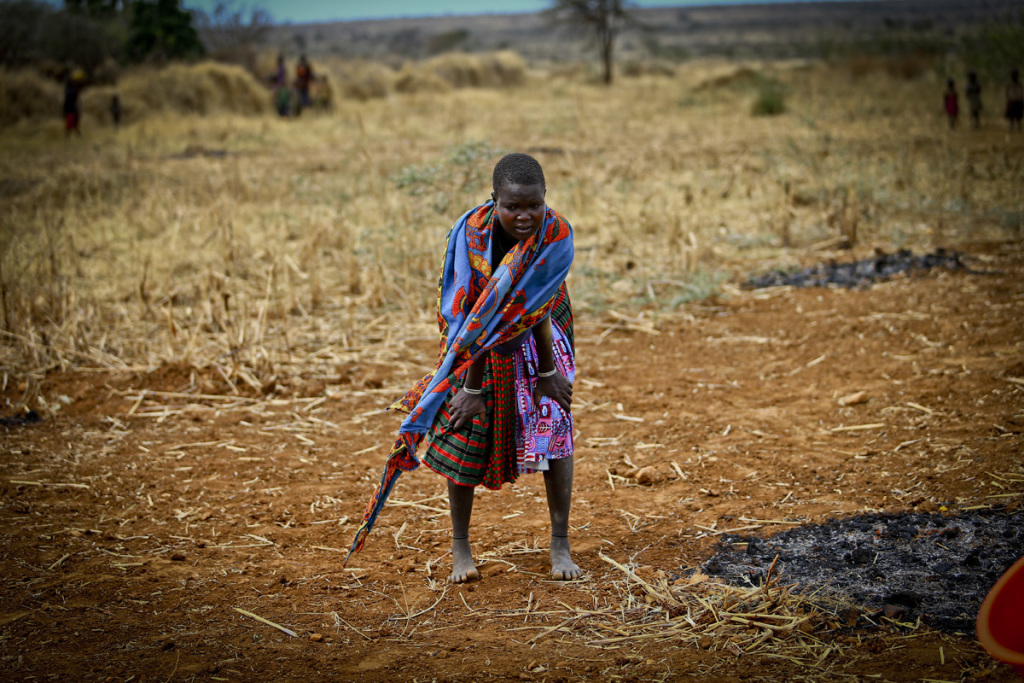


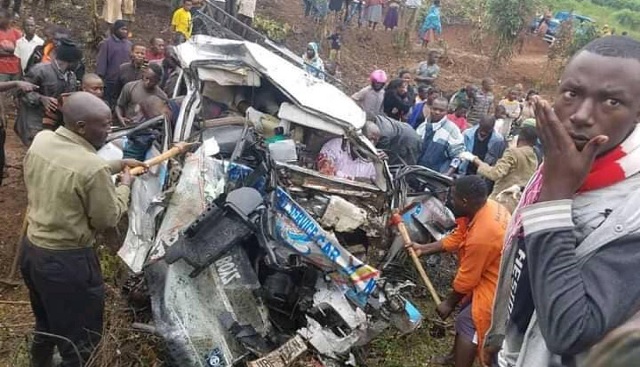
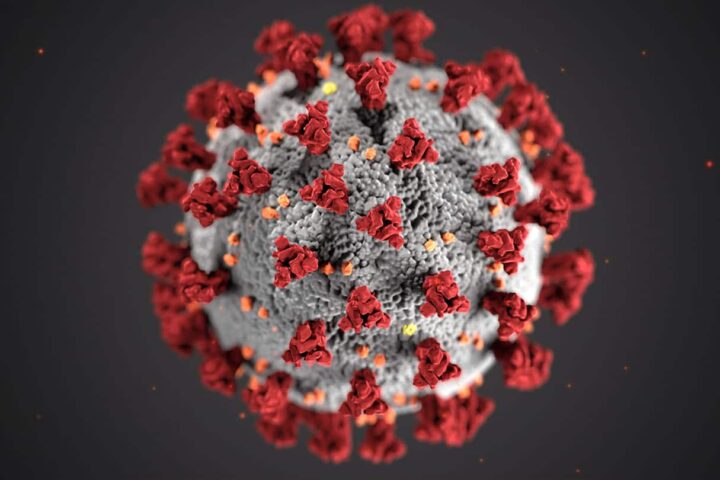
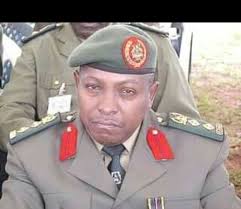
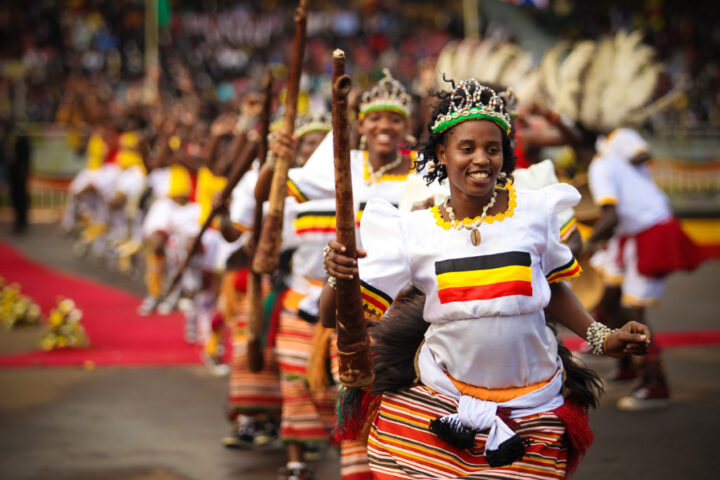
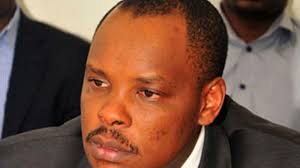
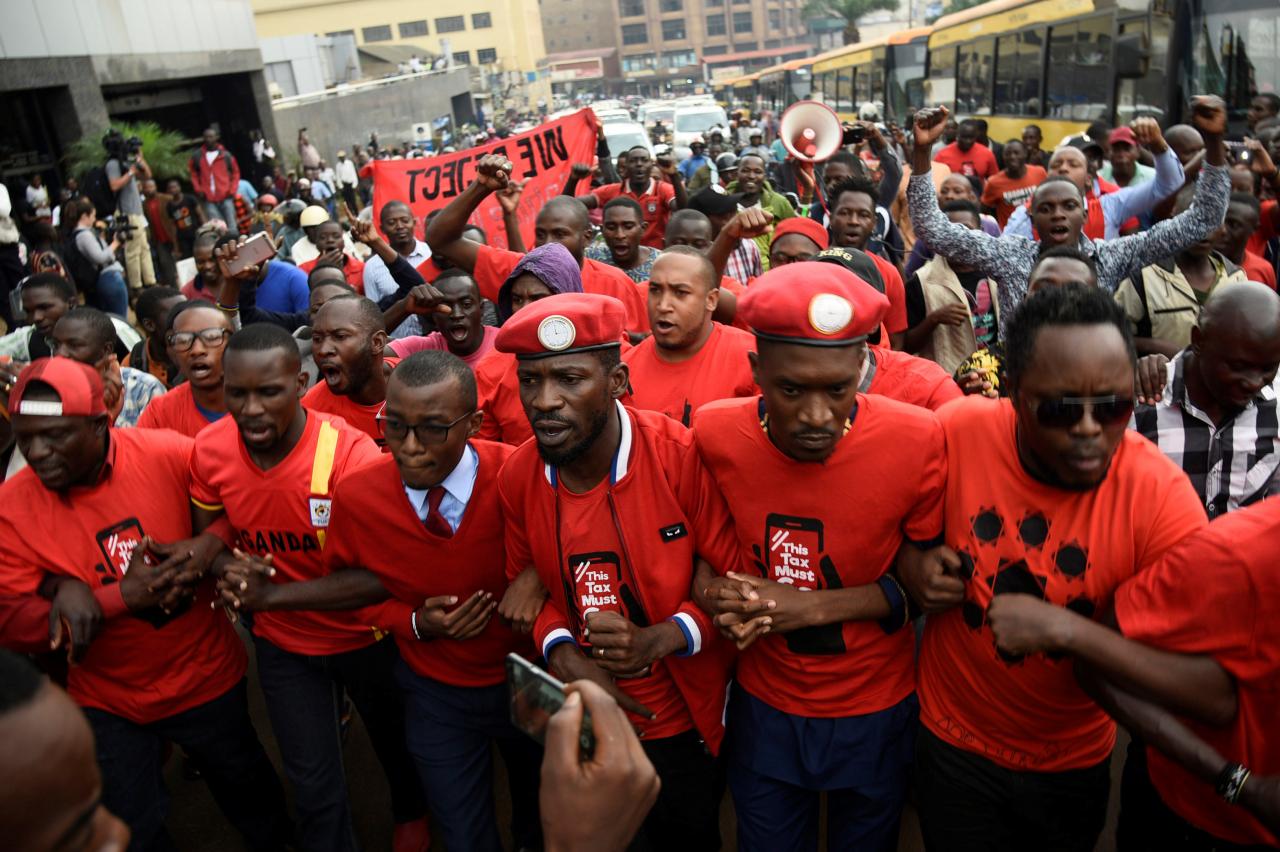
True young educated patriotic ugandans need to come of age to analyse accurately what past uganda history has been all about.
Also important whether the republic called uganda was best choice for all indiginous nationals that are trapped within this confused state.
Your article is a breath of fresh air Mr Angelo Izama and please research more for highlights of past mistakes. Thanks.